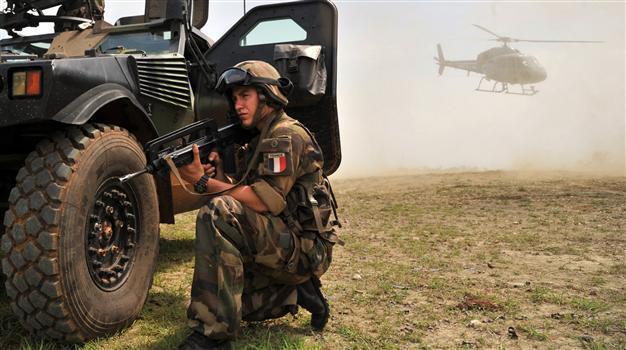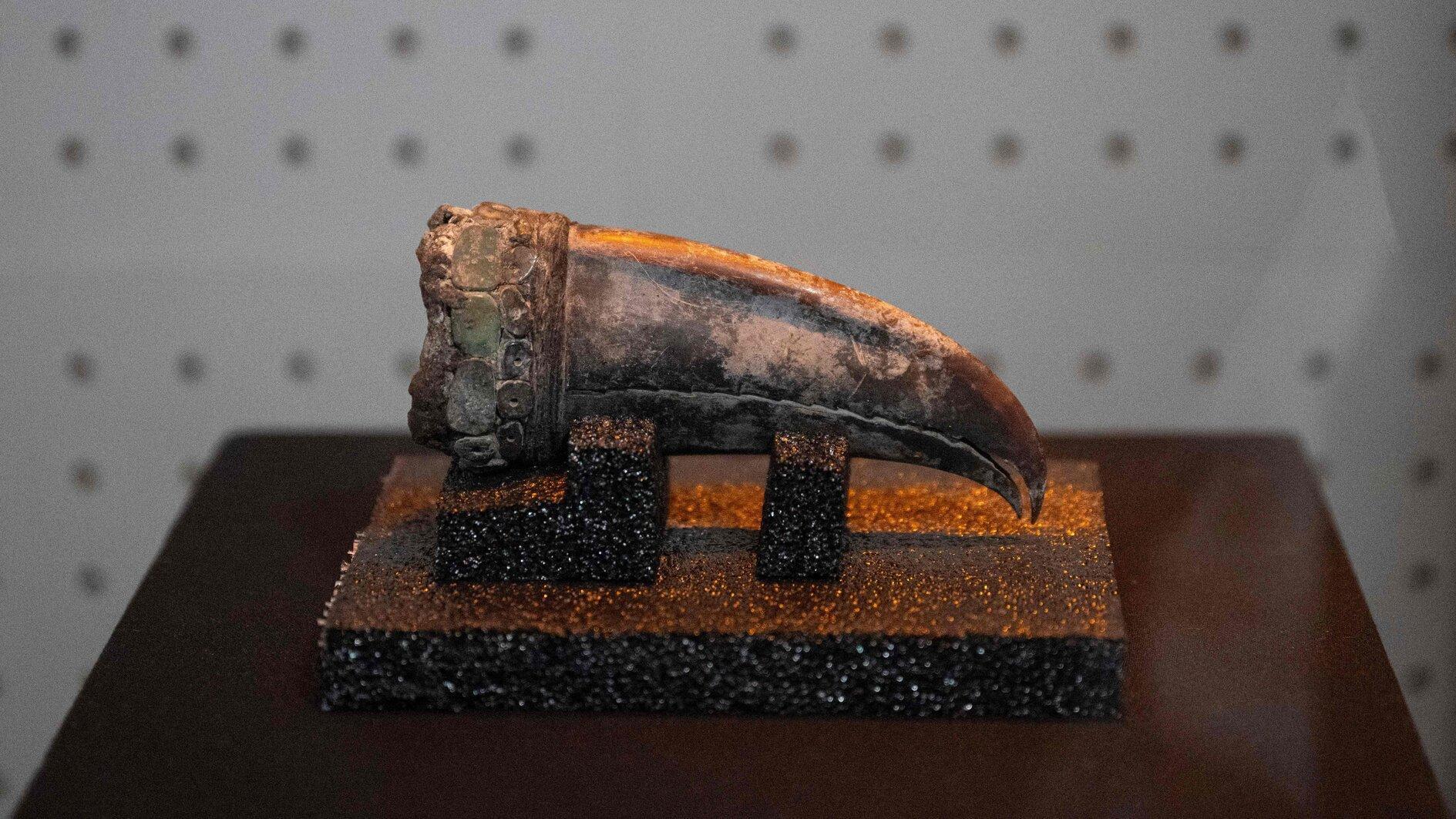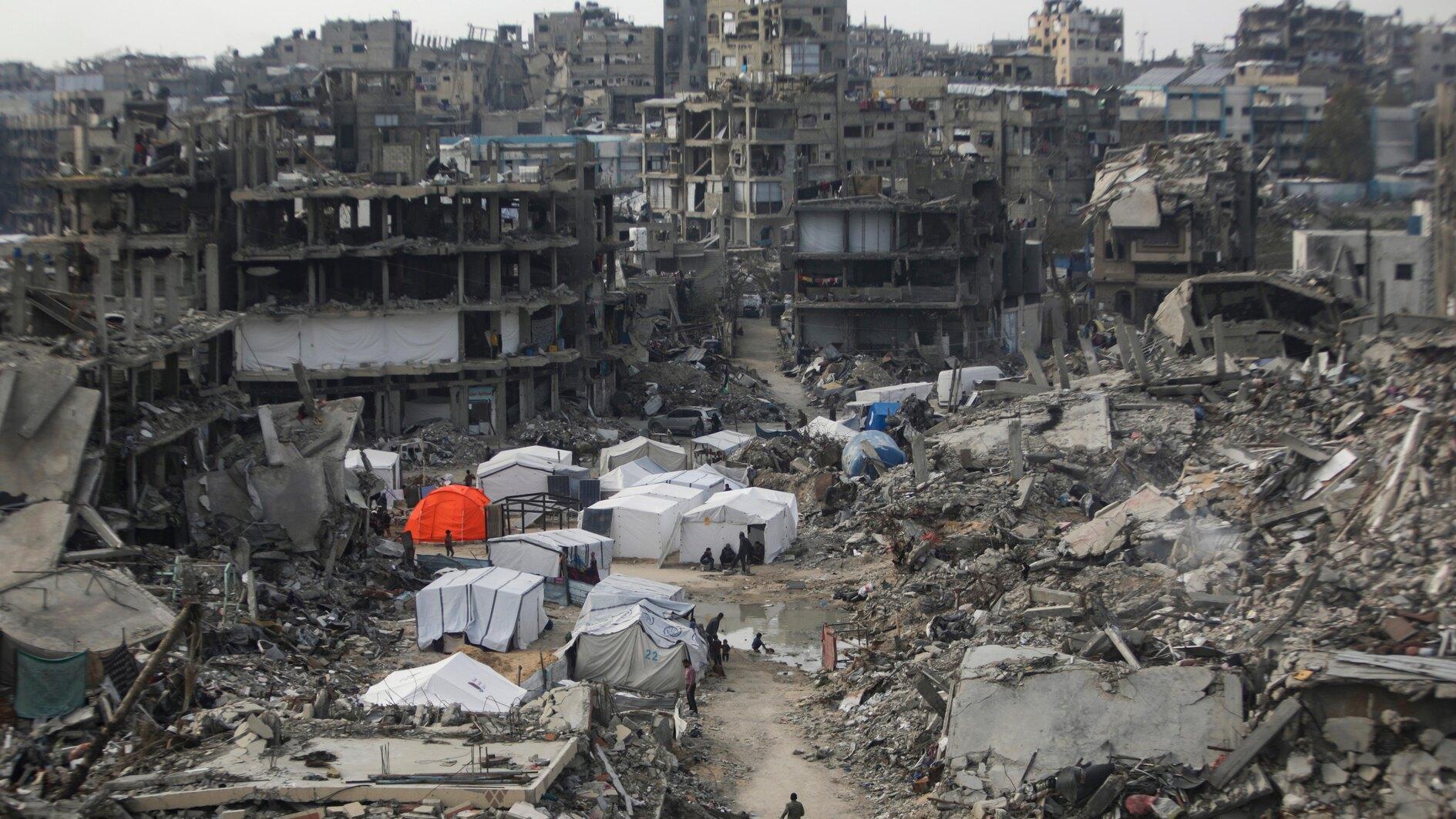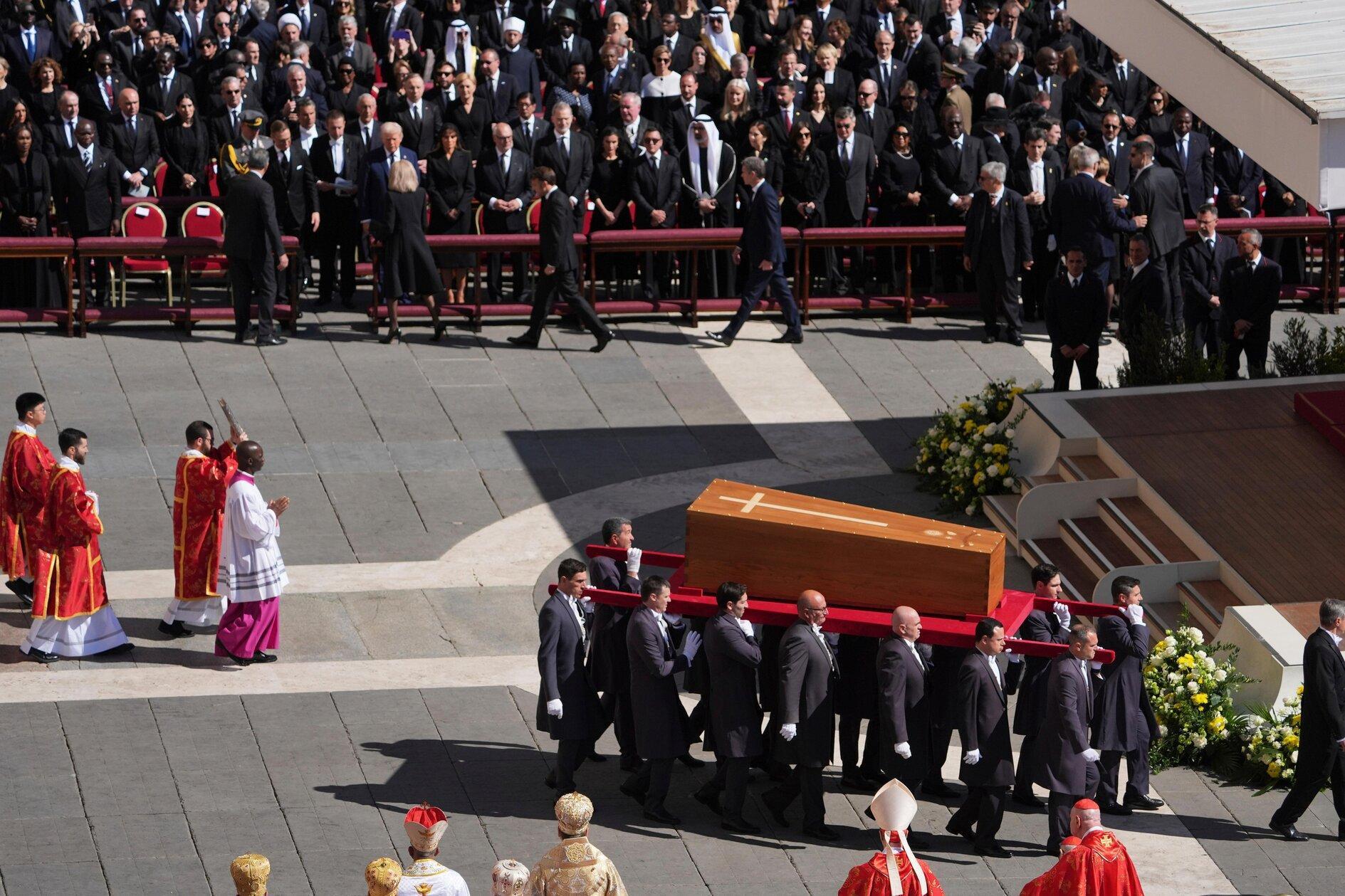France withdraws first batch of soldiers from Mali
PARIS - Agence France-Presse

AFP Photo
France has withdrawn its first batch of soldiers from Mali, the army said today, as it begins to pull out troops sent to battle Islamist fighters in the west African nation.Paris -- which sent 4,000 troops to Mali in January to block a feared advance on the capital Bamako from the north by Islamist fighters -- is preparing to hand over to a UN-mandated African force of 6,300 in the coming weeks.
It will gradually pull its soldiers out of the country -- where its intervention has driven insurgents from most of their northern strongholds -- but plans to leave a permanent 1,000-strong force to fight terrorism.
The military's chief of staff said around 100 soldiers had been withdrawn and sent to Paphos in Cyprus on Monday, where they will spend three days in a hotel before heading back to France.
They belonged to parachute units of the army that had been deployed in the Tessalit region of northeast Mali, where heavy fighting against Islamists took place, said Thierry Burkhard, chief of staff spokesman.
The Malian military -- poorly paid, ill-equipped and badly organised -- fell apart last year in the face of an uprising by ethnic Tuareg rebels who seized the vast arid north in chaos following a March coup, before losing control to well-armed Islamists.
The extremists terrorised locals with amputations and executions performed under their brutal interpretation of sharia Islamic law, drawing global condemnation and prompting France's January intervention.
While French-led troops have inflicted severe losses on the Islamists, soldiers are still battling significant pockets of resistance in Gao, as well as in the fabled desert city of Timbuktu.
France this weekend launched one of its largest actions since its intervention -- an offensive that swept a valley thought to be a logistics base for Al-Qaeda-linked Islamists near Gao.
In this region, the Movement for Oneness and Jihad in West Africa (MUJAO) -- the most active Islamist rebel group on the ground -- still has the support of some of the population.
But according to an intelligence expert, the Islamist rebels' ability to inflict severe damage remains limited.
"In three months, the amount of terrorist activity has been very low, if nearly non-existent," said Eric Denece, head of the French Centre for Intelligence Studies.
He pointed out that out of 1,500 to 2,000 known extremists, more than 600 were thought to have been killed.
"Many stockpiles of weapons, ammunition and petrol have been destroyed. Chiefs, such as Abou Zeid, have been eliminated," he said.
















